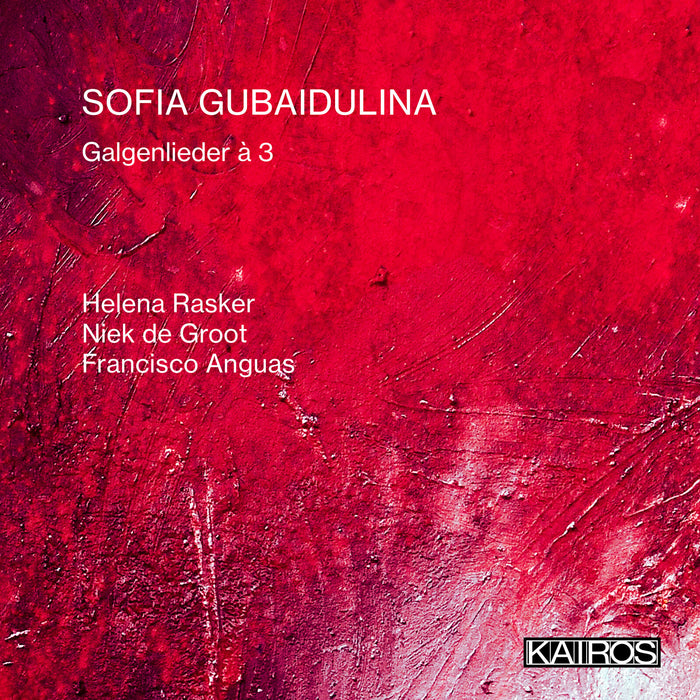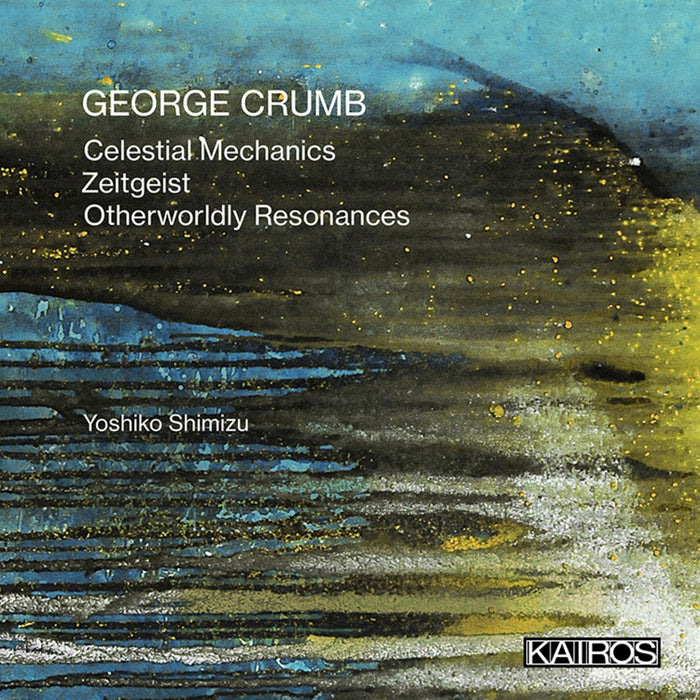Description
Christian Morgenstern's Galgenlieder (Gallowsongs) were created from 1895 onwards, were first published in 1905 and were intended as high-spirited word and syllable fun. These poems had already achieved considerable success during Morgenstern's lifetime. By the time of his death in 1914, when he was only 42 years old, the 13th edition had already been published. It was named after one of his excursion destinations, the Galgenberg (Gallow mountain) in Werder near Potsdam. About a century later, Sofia Gubaidulina selected 10 poems from this extensive collection for her setting and added five textless interludes with freely chosen titles: Reflection, Spiel (Game) 1, Spiel 2, Psalm and Improvisation.
Sofia Gubaidulina understands how to translate Morgenstern's spirit into her musical language very intelligently and imaginatively. Everything always kept clear and understandable, the comedy is retained. It is not an everyday occurrence to combine a singing voice with a double bass and percussion to create a song cycle. She works, and this is what defines her personal style, with parameters that are hardly known from contemporary music, such as motifs, repetitions, sequences and larger formal references. A special feature of this work, in contrast to chromaticism, is the often very wide intervals and a quasi-scenic approach to the music. The singer is expected to use four different means of expression: normal singing, singing with breath sounds, whispering and chanting.







